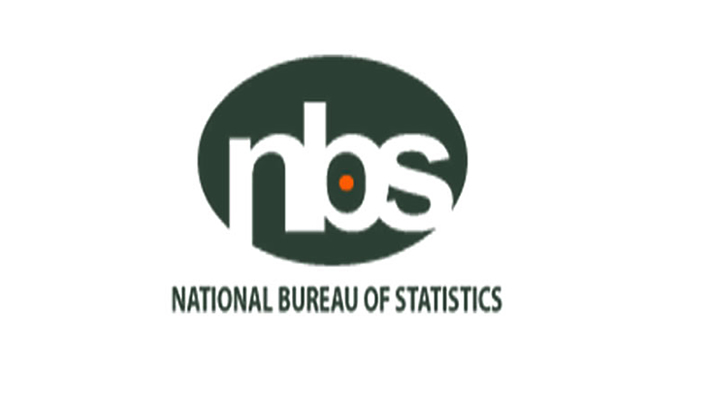
CSJ, an advocate for fiscal transparency, accountability, and evidence-driven policy making and implementation, stated that the last time Nigeria’s unemployment data was released by the NBS was in the fourth quarter of 2020, adding that since then, updated information has been absent, an act they consider as negligence of duty.
This information was contained in a statement signed by Eze Onyekpere, its Lead Director.
The director said, “As the institution responsible for producing official statistics crucial for economic growth and development, the NBS must provide up-to-date information to policymakers, taxpayers, and the public.
“Nigeria’s last unemployment data was released by the NBS in the fourth quarter of 2020. However, since then, there has been a glaring absence of updated information, which we consider a dereliction of duty. CSJ emphasizes the urgency for the NBS to release the quarterly and yearly employment data for 2021, 2022, and 2023 without further delay.”
CSJ added that in the fourth quarter of 2020, Nigeria’s unemployment rate reached a distressing record high of 33.3 per cent, a significant increase from the 27.1 per cent recorded in the second quarter of the same year.
“NBS reported that during that period, a staggering 23.18 million individuals in Nigeria either remained unemployed or worked less than 20 hours per week, rendering them jobless.
“The combination of unemployment and underemployment led to a concerning figure of 56.1% for the reference period, signifying the immense challenges faced by Nigerians in finding suitable and adequate employment that provides a living wage.”
The statement revealed that alarming projections from KPMG further amplify the urgency of the situation, adding: “The latest figures indicate that Nigeria’s unemployment rate is predicted to rise to 40.6% in 2023, compared to 37.7% in 2022.
“KPMG’s International Global Economic Outlook report – H1 2023 explains that factors such as limited private sector investment, low industrialization, slower-than-required economic growth, and the inability of the economy to absorb new entrants into the job market contribute to this worrisome trend.
The group stated being able to easily access accurate data and information will play a vital role in the formulation of effective policies and interventions to address the pressing unemployment crisis in the country.
“Failure to release this critical data only serves to hinder progress and exacerbate the challenges faced by Nigerian citizens.”
Recent reports by KPMG state that Nigeria’s unemployment rate is expected to rise to 40.6% in 2023. This increase is due to the investment by the private sector, low industrialization, and slower economic growth. The report estimates a 3% GDP growth rate in 2023, actualised by the reduction in economic activity during periods of political transition.





